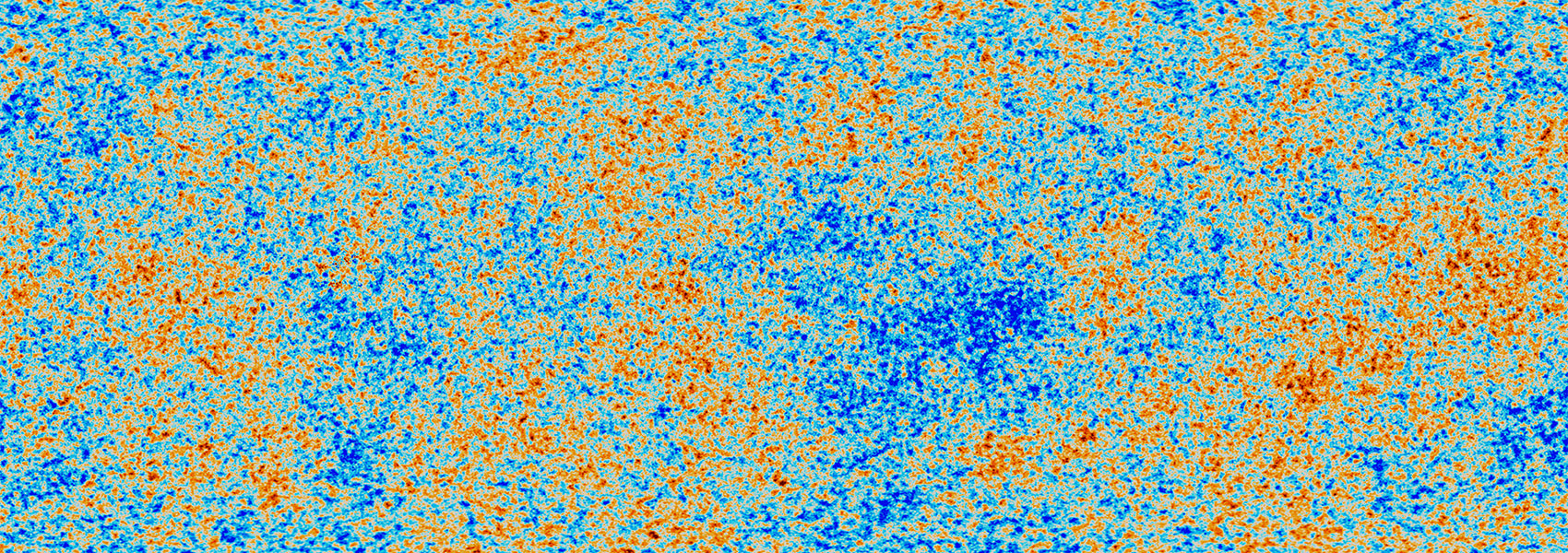Scheduled Webinars
These events generally consist of a live presentation followed by Q&A with the audience.
Monday, January 11
Noon-12:30 pm EST/8-8:30 am PST
Join NASA Deputy Program Scientist for the Nancy Grace Roman Space Telescope, Aki Roberge, to learn how Roman will conduct the definitive survey of cold exoplanet demographics and provide the first space demonstration of active coronagraphy to study exoplanets.
As a science support center for the mission, IPAC is responsible for operations for the Coronagraph Instrument (CGI), including commanding and performance monitoring, high-level data processing of the grism and prism data from the Wide Field Instrument (WFI), high-level data processing of the microlensing survey data from WFI, proposal selection, and community engagement for exoplanet science.
G. Bruce Berriman (Caltech/IPAC-NExScI)
The Keck Observatory Archive (KOA) is a collaboration between the NASA Exoplanet Science Institute and the W. M. Keck Observatory to archive and serve data from the two 10-meter Keck telescopes. For over 26 years, the powerful instruments deployed on these telescopes have observed solar system objects, brown dwarfs, exoplanet systems, star clusters, galaxies, quasars, and more! Over 3.4 million raw files are available for YOUR science and KOA has the tools to help you find the ones you need. Watch our webinar or visit our virtual booth (Caltech/IPAC Data Archives) for more information.
Calen B. Henderson (Caltech/IPAC-NExScI)
1:30-2 pm EST/10:30-11 am PST Watch Recording
Come learn about NASA's Exoplanet Archive and ExoFOP services—serving the most comprehensive data on exoplanetary systems and supporting the community follow-up observations of TESS candidates.
Sean Carey (Caltech/IPAC)
NASA's Spitzer Space Telescope ceased collecting science data in January 2020 after 16+ years of operations. We’ll show you to access the entire mission archive and resources that will help you use this rich dataset for your science.
Joseph Mazzarella (Caltech/IPAC-NED)
NED is a comprehensive database of multiwavelength data for extragalactic objects, providing a systematic, ongoing fusion of information integrated from hundreds of large sky surveys and tens of thousands of research publications. We will highlight recent updates to content and user interface capabilities.
Wednesday, January 13
Luisa Rebull (Caltech/IPAC-IRSA)
Noon-12:30pm EST/9-9:30am PST Watch Recording
IRSA has the data and tools to help you make your next scientific discovery! Come and learn how to use IRSA's tools and to see all our latest tools and features.
Watch the recording
Ed Chambers (SOFIA/USRA), Luisa Rebull (Caltech/IPAC-IRSA), B-G Andersson (SOFIA/USRA)
The SOFIA Archival Research Program (SARP) is now open for proposals to fund research projects primarily using SOFIA data. The purpose of this program is to encourage the use of available SOFIA archival data and to realize the full potential of the SOFIA archive. In this webinar we will present the search and visualization functionalities for SOFIA data in the IRSA archive, highlight and describe select high-potential public datasets, and discuss the mechanics of the open funding call.
Harry Teplitz (Caltech/IPAC-Euclid), Phil Appleton (Caltech/IPAC-Euclid), James Colbert (Caltech/IPAC-Euclid)
4:30-5 pm EST/1:30-2 pm PST Watch Recording
Euclid is an ESA mission, with NASA involvement, to study the nature and geometry of the dark universe, with launch planned in mid-2022. Euclid will survey the extragalactic sky, obtaining near-infrared and wide-band optical imaging, as well as NIR grism spectra. All Euclid data will be made public to the world-wide community within 2 years of acquisition. The Euclid NASA Science Center at IPAC (ENSCI; https://www.euclid.caltech.edu) will support Euclid research by the US community. In this webinar, we will give an overview of the mission and the opportunity for US-based archival research.
David Shupe (Caltech/IPAC)
This webinar will feature experts from the NASA Astronomical Virtual Observatories (NAVO) Python working group. There will be a short tutorial on how to access the NASA Archives using the pyvo package. Under the hood, this package uses Virtual Observatory protocols so that the user does not need to know where the data are hosted but can discover what is available and access it in standard ways. A 15 minute general Q&A session will follow. NAVO comprises elements of MAST at STScI, HEASARC at GSFC, and both IRSA and NED at IPAC.
Thursday, January 14
Dawn Gelino (Caltech/IPAC-NExScI)
Do you need observational data?
Learn how to apply for 10-meter Keck telescope time and use the Keck Observatory Archive (KOA) to access all data acquired with these two telescopes since they began operations over 26 years ago. Also, find out about access to southern hemisphere telescopes for exoplanet follow-up observations.
Are you looking for a postdoc?
Learn how to apply for an NHFP, the premier NASA Astrophysics Postdoctoral Fellowship.
Do you need to learn about or better understand precision radial velocities?
Join in to learn about interacting with the experts and getting hands-on data experience at this year's virtual Sagan Summer Workshop.
Are you interested in exoplanet data and tools?
Come learn about the NASA Exoplanet Archive, which gives you access to just about any type of exoplanet data you’d like, and contribute follow-up exoplanet observations to the Exoplanet Follow-up Observing Program (ExoFOP).
Have more questions?
Just ask or get in touch with our Help Desks!



